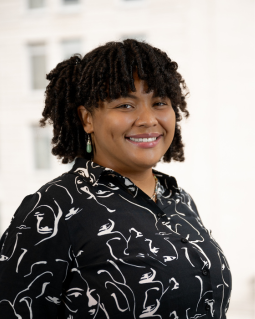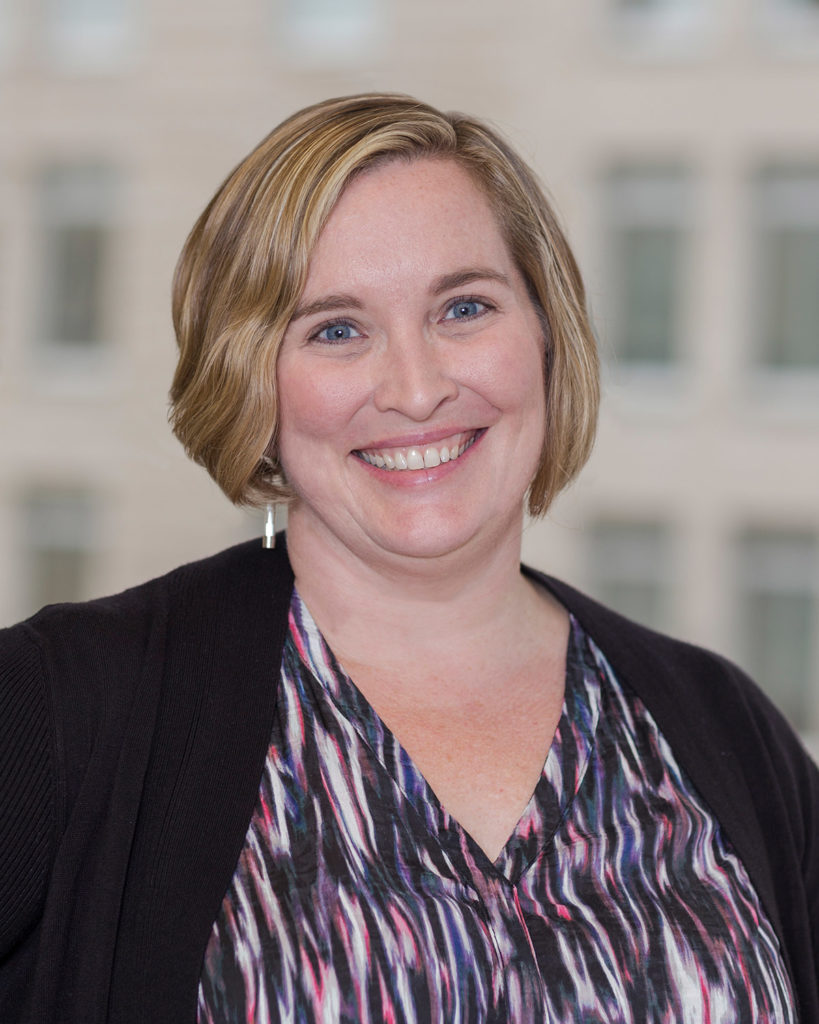
Our Approach
The ELN Collective values the power of local leaders in creating sustainable, positive change in early childhood systems across the nation. We believe parents and caregivers, providers and educators, community leaders and advocates, and government and elected officials are best suited to identify challenges and find solutions for their communities.
Decisions affecting the children and families in a community are more effective when these local leaders work together to make them—especially those who have historically faced barriers to joining the decision-making process. For this reason, the ELN Collective has put these local leaders in the driver’s seat in co-designing and governing its work.
The ELN Collective will offer targeted leadership opportunities to nurture an early learning movement, designed specifically for parents and caregivers, program providers, community leaders, and government/elected officials.
The ELN Collective supports local leaders and a network of Early Learning Communities (ELCs).
Early Learning Nation Collective Outcomes
The ELN Collective launched in 2024. The ELN Collective will deliver concentrated support initially for 50+ communities within 15 priority states in four regions of the country where the national partner organizations have the strongest existing relationships, significant overlap in geographic footprint, and the highest potential for greater alignment and synergy.
While anchored in these places during this launch phase, the ELN Collective has resources and opportunities available outside of the priority states.
The ELN Collective hopes to:
- Reach at least 500 local leaders in building an early learning movement and improving early childhood experiences across the nation.
- Provide support for Early Learning Communities working to bolster the four building blocks
- Coordinate and scale support for local leaders and early childhood system stakeholders across its dynamic network.
We look forward to sharing results based on these metrics after the initiative has had some time to spread and scale, and we have collected and analyzed sufficient data.
The vision of an ELC is one where all young children get a great start, setting the foundation for lifelong success and well-being. ELCs are defined as communities aligning their efforts towards three broad sets of outcomes for young children and their families related to early development:
- All new and expectant parents and young children are healthy.
- All children are ready to thrive in school.
- All children live in strong, positive, and nurturing families and communities.
The Early Learning Community Action Guide and Assessment Tool is built around the four building blocks that make up an Early Learning Community. These are four broad areas that communities can focus on in order to improve how families with young children are supported to promote early learning and healthy development. Identified by local leaders working to transform their own communities, the four building blocks are:
- Community leadership, commitment, and public will to make early childhood a priority;
- Quality services that work for all young children and their families;
- Neighborhoods where families can thrive; and
- Policies that support and are responsive to families.
A set of three core values inform how leaders understand the needs in the community, prioritize the actions they want to take, and provide resources to accomplish the goals of an ELC:
- Equity: Are we taking steps that will transform our systems to promote thriving and eliminate disparities in outcomes related to health, school readiness, and well-being?
- Parent Voice: Are parents and caregivers at the table, helping to shape the agenda, supported as leaders and partners, and being heard about what will work best for their families and communities throughout the entire process?
- Accountability: Are we tracking our efforts and impact in meaningful ways, and adjusting our work based on what we learn to ensure that we are making a difference?
For more information and resources from the ELN Collective visit our Resource Library.



